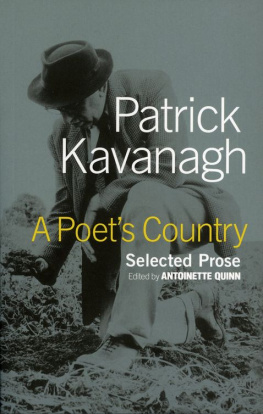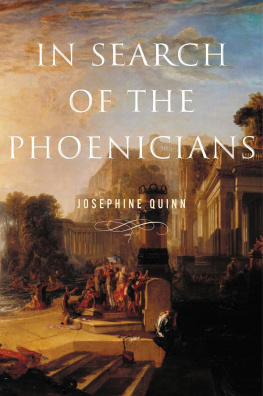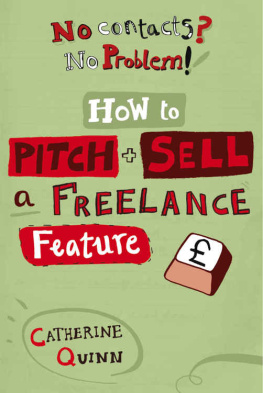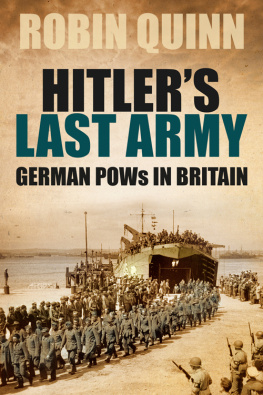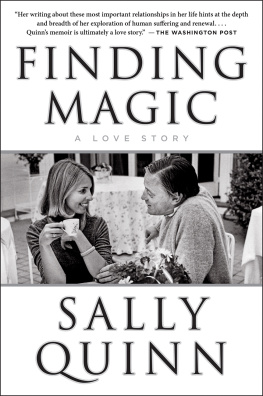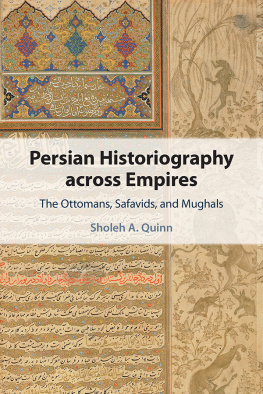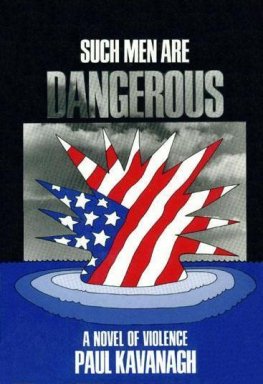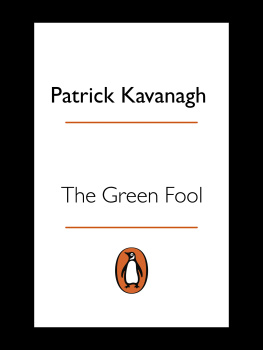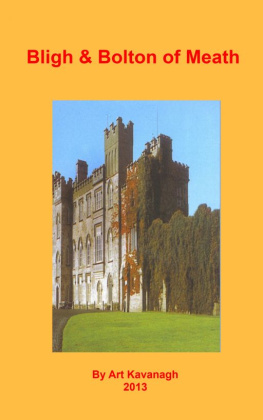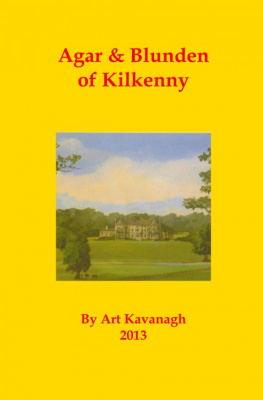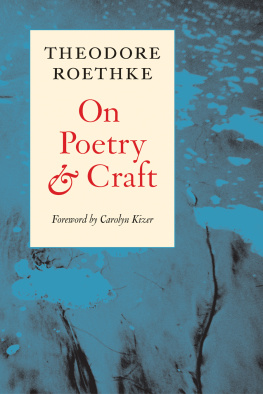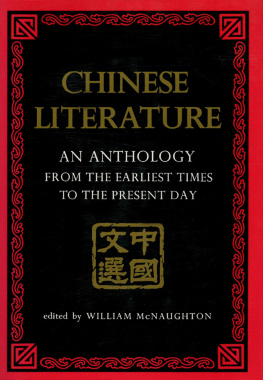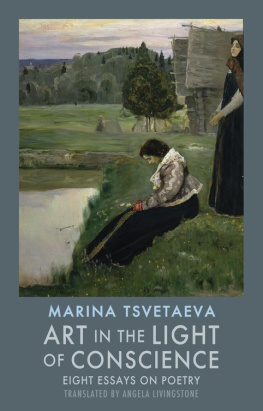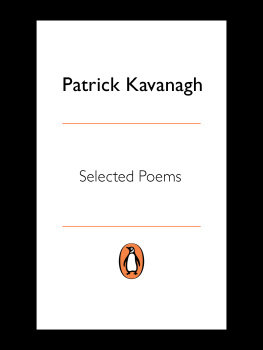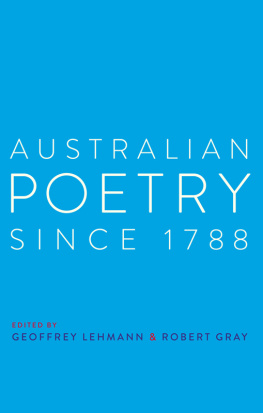A man should avoid the daily press; it falsifies his sense of values
(KavanaghsWeekly, 28 June 1952)
I
On 24 July 1943, towards the beginning of his career in journalism, Patrick Kavanagh was among the press corps invited to attend a presidential garden party for the Irish Red Cross Society at ras an Uachtarin . The President was Douglas Hyde, former leader of the Gaelic Revival, poet, dramatist and folklore collector. Kavanagh, who was given to seeking the patronage of powerful men with an interest in the arts, had requested an audience with him three years previously. I am vain enough to hope that you are acquainted with my name, Patrick Kavanagh poet, he wrote. Hyde underlined the sentence and scribbled No in the margin; no meeting took place.
Kavanaghs account of the garden party appeared in City Commentary , the twice-weekly social column he contributed to the IrishPress under the pen-name Piers Plowman. It is highly complimentary about Hyde and portrays Kavanagh himself hobnobbing with other dignitaries: Gerald Boland, Minister for Justice; Mrs Ryan, wife of Dr James Ryan, Minister for Agriculture; and J.J. McElligott, the formidable Secretary of the Department of Finance.
The report states that he had abused his press privileges, comporting himself as a guest rather than a journalist and mingling with invited guests in the drawing-room and on the lawn. Other members of the press corps, thinking he had been singled out for special treatment, had expressed their resentment. Minister Boland, whom Kavanagh had engaged in argument, complained of being harassed, and not for the first time; the poet had a reputation for being truculent with ministers, the report adds. Kavanagh also failed to observe the dress code for press representatives , and his appearance among the fashionable throng provoked a considerable amount of comment. He was wearing a green woollen jumper under his jacket instead of the expected shirt and tie; he sported sandals without socks; overall, he looked untidy and not altogether clean. While it was conceded that his scruffiness might be due to his having walked to the reception, it was also in keeping with the well-known fact that he was not particular about his appearance. The report concludes: Enter a caveat on his social card. There would be no further invitations to ras an Uachtarin.
The garden party and its aftermath augured ill for Kavanaghs future as a gossip columnist; the City Commentary column was dropped a little over six months later. That he broke ranks with his fellow-journalists is not surprising: though a practising part-time journalist, fitfully aspiring to full-time status, he nevertheless regarded his colleagues as artistic inferiors.
Kavanagh had a profound and lifelong reverence for the idea of the poet, elevating him (never her) to the position of a god surrounded by mere mortals. It was not a view widely shared by the mortals. His flouting of social etiquette was deliberate. (He was well aware that if a farmer wished to be treated with respect in town he had to wear his Sunday suit.) As the author of TheGreatHunger, he saw no reason to kowtow to government ministers and senior civil servants, expecting to be indulged as a genius, however outr his manner or attire. The governing class in the twenty-year-old state was probably less tolerant of mavericks than a long-established and secure political elite would have been. Both sides refused to give way on the inessentials of dress, polite speech and behaviour and, inevitably, Kavanagh was the loser.
His non-conformism was foolhardy for a man still at the start of his journalistic career and for one as intent as he was on escaping from journalism into a well-salaried position in public relations, advertising or management. He coveted the status and income of the-bourgeoisie while refusing to observe its code of manners. In his youth the people of Inniskeen used to say of a drunken and disreputable local bard that he could make a tidy living, if he had conduct. Two years previously Kavanagh had cited this in an IrishTimes article, Old Moores Poets. His own lack of conduct would militate against him in the tighdy restricted middle-class employment market, condemning him to eke out a livelihood from casual journalism.
II
Patrick Kavanagh (190467) regarded himself primarily as a poet and from the mid-1940s as the Irish poet, but he devoted most of his working hours to journalism and fiction, and prose bulks far larger than poetry in his published oeuvre. From August 1939, when he turned his back on his small farm in Inniskeen, County Monaghan to become a professional writer, until 30 June 1967, five months before his death, he earned his living as a journalist: by turns freelance, columnist, staff reporter, film critic and book reviewer. Even before he left Inniskeen, he had begun publishing feature articles as well as poems in the IrishTimes and the IrishPress, the first of these being Journeymen Shoemakers , which appeared in the IrishTimes in the same year as his first volume of poetry, PloughmanandOtherPoems (1936). However, it was not until after he had completed his fictionalized autobiography, TheGreenFool (1938), that he turned his hand seriously to journalism. Most of his articles of the late 1930s were similar in technique to TheGreenFool, presenting country men and women as comic characters enacting scenes from small-farm life. He was less concerned to describe or report on seasonal events such as steam threshing, potato planting or harvesting than to construct affectionately humorous playlets, casting himself as both observer and participant. For the rest of his life there would always be a demand for reminiscences of his country days, and had he been content to cater for this market he could probably have earned more from describing farming than from actually working at it.
While doing his utmost to secure a non-journalistic job after he had first settled in Dublin, Kavanagh made a point of cultivating the editor of the IrishTimes, Bertie Smyllie, in the hope of casual or permanent employment. Although he had not yet acquired a taste for alcohol, he frequented the Palace, the pub where Smyllie and his cronies met every evening and where most of Dublins literary and artistic types foregathered . Smyllie commissioned a few specials, as feature articles in the IrishTimes were called, and supplied Kavanagh with books to review throughout 1942 and occasionally in 1943.
Frank Geary, editor of the IrishIndependent, the largest-circulation Irish daily, also put some work his way. Book reviewing was welcome because the ten shillings or so he earned for the actual review was supplemented by selling the book to Greenes of Clare Street at one third the list price.
The life of a freelance journalist was precarious in the extreme, especially during the Second World War, as paper rationing gradually reduced the number of pages in newspapers. In addition, Irish journalists were not as well paid as their English counterparts. Kavanagh had passed three exceedingly lean years in Dublin before acquiring his first regular job as a journalist in September 1942: the City Commentary column in the IrishPress. The garden party report is typical of the column : cheerful, lighthearted, much given to name-dropping, and often including a verse jingle. Kavanaghs more serious side was revealed in The Literary Scene, a column largely based on book reviews, which he contributed to the Irish Catholic weekly TheStandard from 26 February to 11 June 1943. Here he launched his first attacks against the Literary Revival, questioning the Irishness of Yeats, Lady Gregory and Synge on grounds of creed and class.

